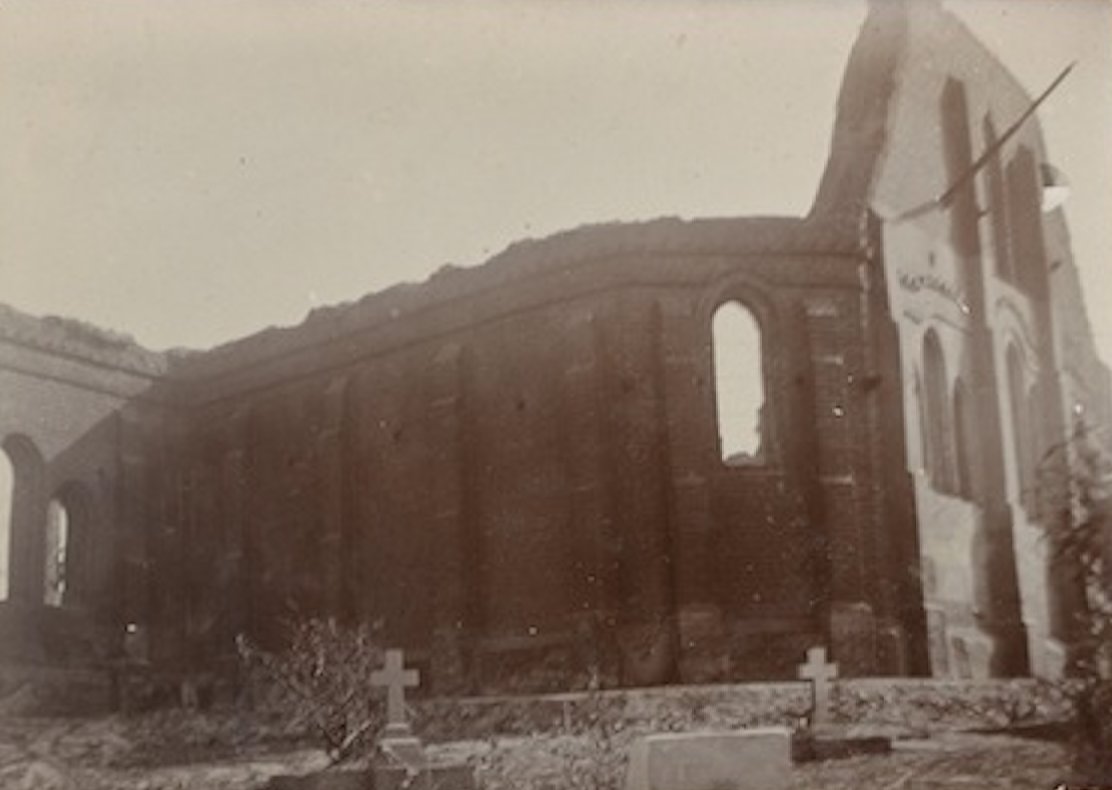
On #GoodFriday I am reminded about Namirembe Cathedral's (St. Paul's) complicated past. Today's Cathedral is the fifth. The 1st was too small; 2nd was ruined by strong winds; 3rd was destroyed by termites, & the 4th was destroyed by fire on 23 Sept. 1910. These rare photos 1/5 

were taken on the day of the fire. They show how the roof and infrastructure were utterly destroyed within 1 hour. The current Cathedral was rebuilt during the First World War. 2/5 

• • •
Missing some Tweet in this thread? You can try to
force a refresh















